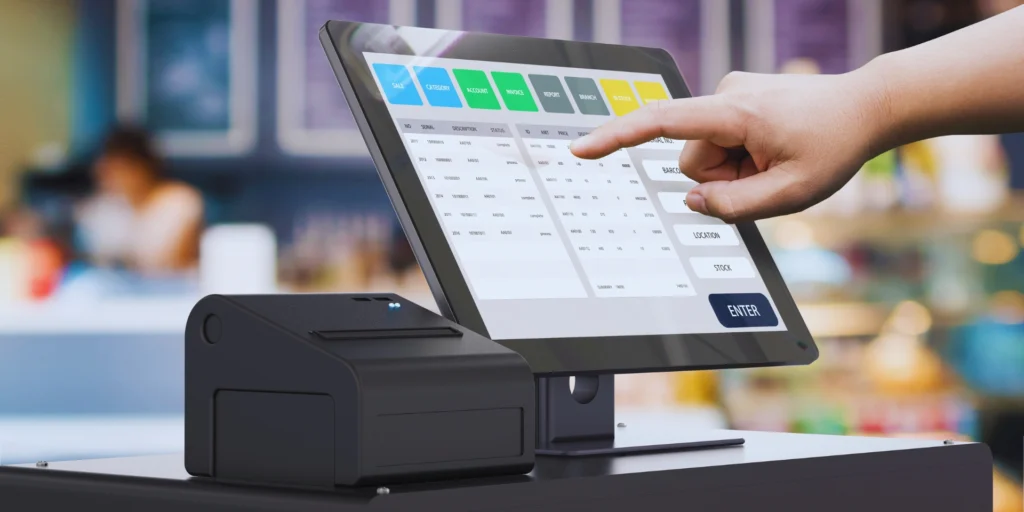When it comes to accepting credit card payments, merchants face a variety of fees. Understanding these fees is crucial because they affect the overall profitability of your business. Let’s break down what the average credit card processing fees look like and what factors influence these costs.
The Basics of Credit Card Processing Fees
Credit card processing fees are the costs a merchant pays to process credit card transactions. These fees are usually made up of several components, including interchange fees, assessment fees, and processor markup.
- Interchange Fees: These are paid to the card-issuing bank and vary depending on the card type, transaction size, and industry.
- Assessment Fees: These are charged by the credit card network (Visa, MasterCard, etc.) and are typically a fixed percentage per transaction.
- Processor Markup: This is the additional cost added by the credit card processor, which can vary widely between processors.
Average Credit Card Processing Fees
On average, credit card processing fees range from about 1.3% to 3.5% per transaction. However, these rates can vary based on several factors:
- Type of Card Used: Premium credit cards or rewards cards often carry higher interchange fees due to their additional benefits to cardholders.
- Transaction Method: Swiped/dipped transactions (where the card is physically used at a terminal) usually have lower fees than keyed-in transactions, where the card number is manually entered.
- Business Type and Size: Certain high-risk industries or businesses with smaller sales volumes might see higher fees.
- Merchant’s Pricing Model: Fee structures such as flat-rate, interchange-plus, or subscription can affect the overall cost per transaction.
Examples of Processing Fees
- Debit Card Transactions: These often have lower fees, averaging around 0.5% to 1.0% per transaction.
- Credit Transactions: More typical credit transactions can range from 1.5% to 2.9%.
- Premium and Corporate Cards: Transactions can go as high as 3.5% or more, depending on the additional rewards or points systems associated with the cards.
Tips for Managing Processing Fees
- Negotiate Better Rates: If your business has grown or if you have a good processing history, you might be able to negotiate lower fees with your processor.
- Choose the Right Pricing Model: Understand which pricing model suits your business best (e.g., interchange-plus might offer more transparency and cost savings for some businesses).
- Encourage Debit Card Use: Since debit cards usually have lower fees, encouraging their use can be beneficial.
- Use Modern Payment Technology: Ensuring your payment systems are up-to-date can help reduce fees, especially by avoiding downgrades in processing rates due to outdated technology.
Understanding and managing credit card processing fees can help merchants maintain profitability while offering the convenience of credit card payments to their customers. By staying informed about the factors that influence these fees, merchants can make smarter decisions about their payment processing agreements.




